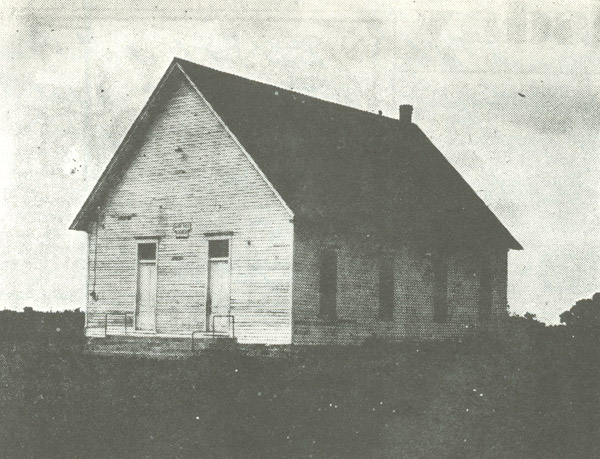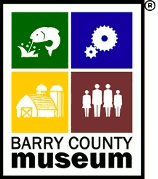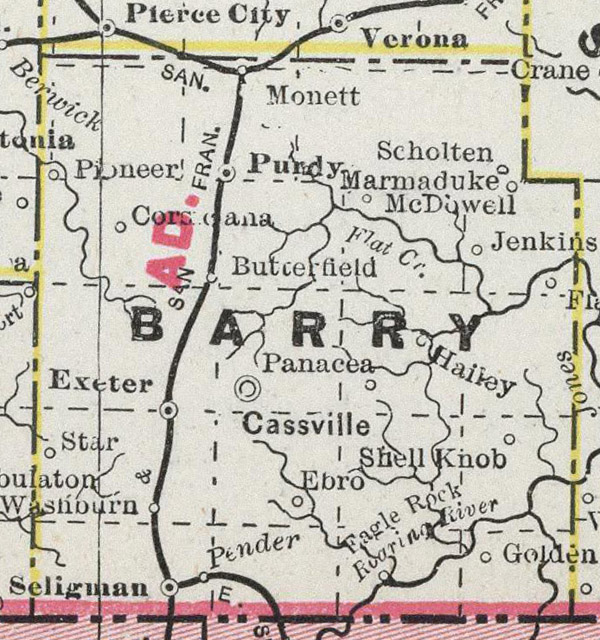"Farm Community Attempting to Restore the Church its Founding Fathers Built" by Tom A. Ellis, 1961 from News and Leader
Seventy-three years ago last Jan. 10, an important meeting was held in the little community of Sholten. Farm families gathered from miles around, for here was something close to the hearts of all. It was proposed that these farm folk build a house of worship, the only church in that entire area.
Never heard of Sholten? Many lifelong residents of the Ozarks probably haven't heard of it, either. It's a tiny community lying just on the Barry County side of the Barry-Stone county line, a mile north of Wheelerville, some five and three-quarters miles southwest of Crane. A sign, half erased by years of weather, and a small store, no longer operated mark the site. But 75 years ago, it was little I community, the heart of an area of farms pioneer families had established in the 1830s.
So a church was essential and it was so acknowledged on that wintry day nearly three quarters the agreement declared it was to be "the Cumberland Presbyterian Church and free to all other's churches when not occupied” by members of the congregation who built it.
Construction was started on March 6, 1886, and the records now held by Herald Jenkins, a native and life-long farmer of the vicinity - listed carefully the names of each man who labored each day of the building -"Digging trenches" or "hailing rock for the foundation." And when the church was completed, the cost - "the hole amount" - was carefully itemized, showing what a costly thing this temple of God was. Imagine! Daily labor was credited at 25 cents a day, sun-up to sundown, no doubt. Oak lumber cost $1 a hundred board feet, $95.77 altogether. Pine lumber came somewhat higher, $110 for 4400 board feet the bill for the carpenter came to a whole 50 cents a day (skilled labor came high, even in those days), but for that he was expected also to do the designing. Altogether, the completed building, along with benches and stoves, cost $1017.87. And it required two extra solicitations of the congregation to raise the rest of that amount.
The board of trustees of the Mars Hill Cemetery Association, which holds the deed, consists of four members, one of whom is elected each year. Presently Herald Jenkins of Jenkins, is president; H. D. Wilson, Crane, secretary - treasurer; and Burris Williams and Pate Bassett, Crane, are members.
A few years ago, when broilers were making growers a fair profit, it would have been an easy matter to raise the money. Today, many of the broiler houses stand empty. Owners of those that are filled sheepishly admit "we’re just poorly - paid hired hands growin' broilers for someone else."
Get the idea? Anyhow, another $1000 to $1200 is needed to complete the job—to restore one of the oldest churches in southwest Missouri. |



